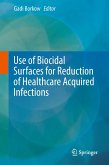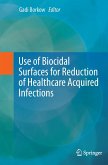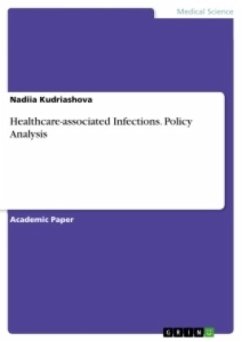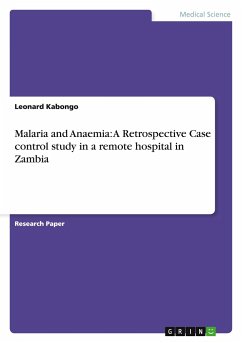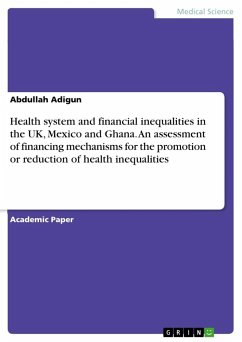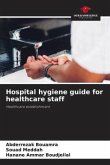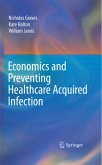Master's Thesis from the year 2019 in the subject Medicine - Hospital Environment, Clinical Medicine, The University of Liverpool, course: Public Health, language: English, abstract: This work determines the demographic/training factors associated with the hand hygiene knowledge of nursing students in Solwezi, Zambia and aims to provide information for necessary actions in order to reduce Hospital Acquired Infections (HAI). A quantitative cross-sectional survey using primary data collected via a WHO validated self-administered questionnaire has been distributed to students at the Solwezi College of Nursing. 167/206 participants were recruited via stratified random sampling. Descriptive statistics highlighted potential relationships between demographic/training factors and students hand hygiene knowledge which reduces HAI. Moreover, potential relationships were analysed using Fishers exact test and a multinomial logistic regression. The low compliance to effective hand hygiene has continued to fuel the high prevalence of Hospital Acquired Infections in Africa. The large number of nursing students has a potentially high impact at reducing the HAI public health problem in Zambia, however, there is insufficient information on the nursing student's demographic/training factors affecting their hand hygiene knowledge which reduces the HAI risk.
Hinweis: Dieser Artikel kann nur an eine deutsche Lieferadresse ausgeliefert werden.
Hinweis: Dieser Artikel kann nur an eine deutsche Lieferadresse ausgeliefert werden.


